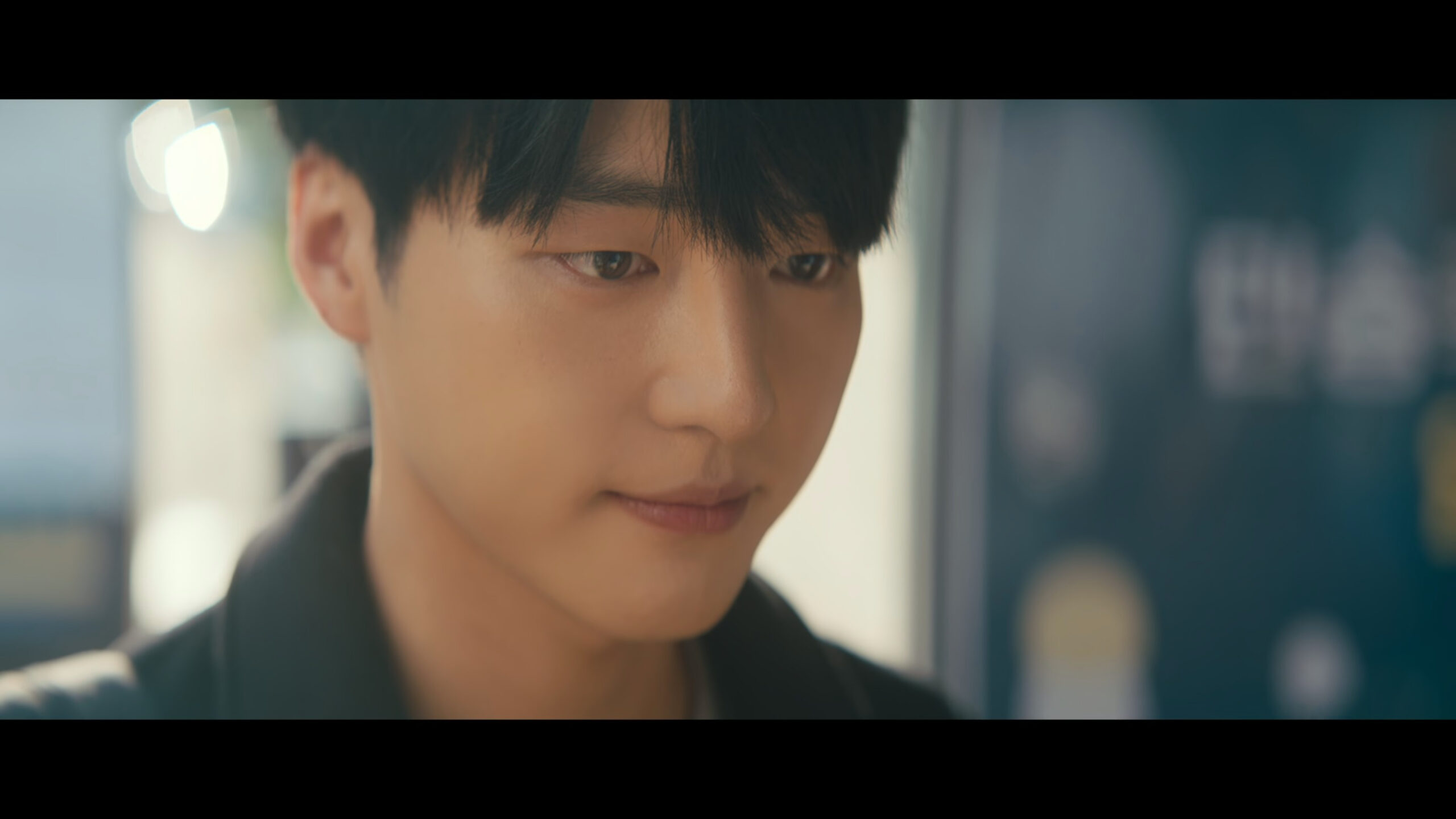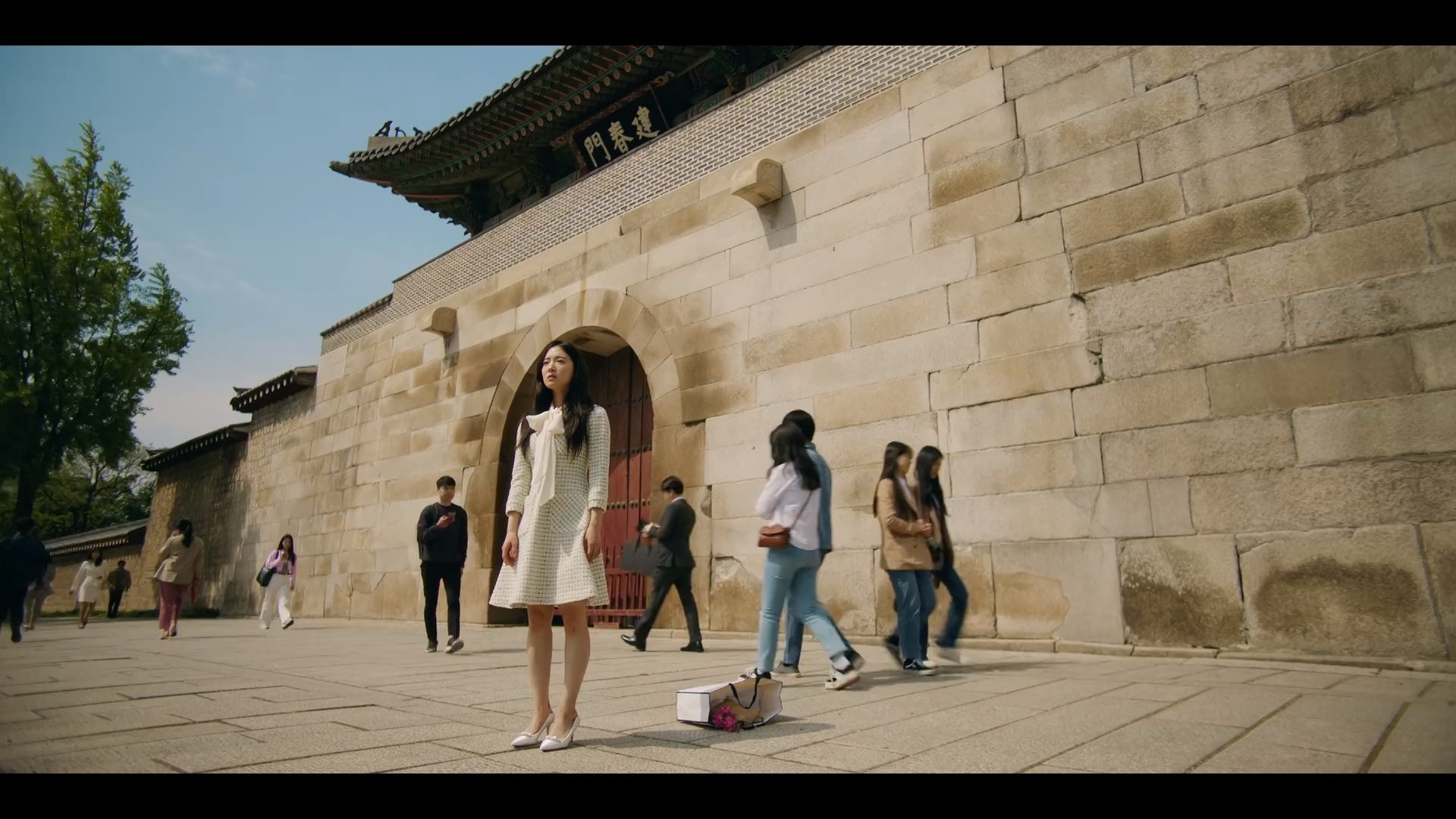That Psychometric Guy: Episodes 1-4 (Review)
by mary

In a month packed with drama premieres, Rookie Historian Gu Hae-ryung wasn’t even really on my radar, but this delightful, smart, and surprisingly funny fusion sageuk has unexpectedly captured my heart. This unconventional tale of a female scholar who for once doesn’t need to cross-dress to display her mental prowess, and the squishiest prince in all of Joseon has me completely captivated already. (Not to mention that as both a writer and a historian, this premise is catnip to me.)
EPISODES 1-4 REVIEW
Shin Se-kyung plays the titular GU HAE-RYUNG, an intelligent woman from a well-off family, who lives with her older brother and earns her own money as a book-reader for wealthy ladies—although her choice of reading material tends to get her thrown out without pay. Hae-ryung prefers depressing foreign literature to the novels of romance sensation “Maehwa”, whose bestselling love stories make every lady swoon.


Unbeknownst to the people, however, Maehwa is actually the pen name of LEE RIM (Cha Eun-woo), a disgraced prince whom the king has put under house arrest. Rim spends his days writing romance novels, gaining inspiration from the illicit love affairs of eunuchs and court maidens. Disbelieving the gushing praise of his loyal staff, one day he ventures out to see for himself if people really love his books that much.
At first Rim is gratified to see his latest novel in every hand. He stops dead when he sees Hae-ryung reading it, struck by her beauty—until she yawns with boredom. When Rim asks her why on earth she doesn’t like the great Maehwa’s work, she matter-of-factly tells him that it’s insidious garbage not worth the expensive paper it’s written on, and corrects his superior way of addressing her, as well.

Ironically, however, Hae-ryung finds herself drawn into a scheme to pretend to be Maehwa at a book-reading in exchange for the freedom of an abused young slave. Rim finds out and confronts her publicly, but royal guards suddenly arrive to arrest the elusive Maehwa, and Rim ends up in jail. Maehwa’s books have fallen victim to a political scheme: the establishment of an Office of Banned Books in order to hide one particular volume damaging to the king and his closest minister. The book seems to have something to do with the king’s bloody seizure of the throne twenty years ago, although now Crown Prince LEE JIN (Park Ki-woong) sits as regent.
The royal historians, whose job it is to record the goings-on of the court, are co-opted for the confiscation and burning of books, including Hae-ryung’s collection of Qing and European novels. Devastated and angry, Hae-ryung asks historian MIN WOO-WON (Lee Ji-hoon) why these books have become contraband without warning or notice; he tells her that the king believes these lowly books are disturbing moral principles. Hae-ryung points out rightly that the unjust class hierarchy is what’s really causing chaos, going so far as to say that the king is wrong.

All of this means that Hae-ryung’s older brother hurries his plans to find a match for her; he knows that she prefers her books and mathematical instruments to marriage, but it’s the only way that he can think of to protect her. Despite her unhappiness, the date is soon set and wedding preparations underway.
Meanwhile, the atmosphere is tense at court. Rim is released from jail, but the king finds out that Rim is Maehwa and has all of Rim’s books and writing materials destroyed, forbidding him to write. Shady Minister proposes the addition of a female historian (in order to spy on the dowager queen), and although he’s suspicious, Jin agrees—on the condition that she pass the civil service exam, which serendipitously takes place on Hae-ryung’s wedding day.

I’m sure it’s no spoiler to say: Reader, she doesn’t marry him.
These first two episodes (or four, depending on where you’re watching) are a delightful breath of fresh air. I don’t know if it’s because I rarely watch sageuks, but I find Hae-ryung an unusual leading lady for a historical. I’ve often seen women of her class as the second female lead that the high-ranking hero rejects in favor of his cross-dressing eunuch (or his unnervingly gorgeous classmate, also secretly a commoner girl).
This heroine is privileged and wealthy, and bound by a set of rules that chafe in a different way than those of commoners or slaves, and which tend to get less exploration in dramas. I loved seeing the details of Hae-ryung’s daily life: the bridal lessons which are a waste of her brilliant mind; society’s expectations for women that are especially miserable for someone as principled and outspoken as her (“Don’t be bad, and don’t be great”); her complicated relationship with her Orabeoni, who loves her but still forces her to marry, because at least this way he can choose someone who will treat her with kindness and give her a modicum of freedom.

And I love all the little moments when she rebels against these limitations. Not only does she have a strong sense of right and wrong and a killer talent for winning an argument, she’s fearless. I wanted to cheer when she refused to back down from defending the slave-boy, even at the threat of violence. She isn’t too prim to use all the resources available to her in the service of what she feels is just, as in the case of her impersonation of Maehwa to save the boy. Nor has she allowed the people around her to make her feel ashamed of her intellect; she isn’t conceited, but she’s rightly proud of her knowledge and she uses it. It’s especially satisfying when she calls Rim to the carpet for his disrespectful address of her—and I was highly entertained when she continuously trashed his book to his face. Hae-ryung is aspirational, but never boring.
Speaking of Rim, he’s the darlingest royal puppy I’ve ever had the pleasure of rooting for, and I love him already. His idealism and love for words are so relatable given that he’s been confined in this lonely corner of the palace for years, with only books and his staff for company; it makes sense that stories would become his world, and that he would live vicariously by writing about the romance he’s unable to experience himself.

Especially in the face of a father who hates him so virulently that he has nightmares about him stabbing him in the chest, it’s no wonder that Rim feels like he has no escape but his writing. And yet he’s soft-hearted enough that he still obeys the king’s commands, seeing it as the only way to keep from completely breaking the parent-child connection. I’m glad he has Jin to look out for him, and tell him that he’s proud to have such a talented little brother.
That’s part of what makes it so interesting to watch Rim lock metaphorical swords with Hae-ryung. They both have a deep love for literature, but it manifests in such different ways according to their personalities and circumstances. I enjoy seeing her unsentimental pragmatism come up against his imaginative romanticism. Perhaps, as they spend more time together, Hae-ryung will discover that reading romance can bring a person much-needed comfort and joy, and Rim will find the courage to stand up to his father. And maybe both of them can finally experience real love outside of a book. (I also need her to come down from her high horse of thinking tragic European novels about angsty, doomed love are high-minded literature.)

What really surprised me about this show is how funny it is. The dialogue crackles, the ensemble cast has great chemistry, dramatic and comedic, and the drama has a tonal balance of serious emotion and silly antics that feels just right. I think a lot of this is down to skillful directing and writing, although the cast are also bringing their all—especially Shin Se-kyung. I’ll admit to having found her bland and rather stiff in the past, but she positively glows with life, spirit and charm here. It’s the best performance I’ve ever seen from her.
Take her hilarious portrayal of the death at the end of The Sorrows of Young Werther, enthusiastically acting out the gunshot to Werther’s head and earnestly explaining how the blood spurted from his body, oblivious to her audience’s growing consternation. The scene perfectly encapsulates Hae-ryung’s straightforward character, and Shin plays her wonderfully.
The romance looks cute and the comedy is pitch perfect, but I’m most looking forward to Hae-ryung’s intellectual and emotional journey once she enters the castle. She’s already made a deep impression on Woo-won, who will soon become her sunbae, with only one conversation. I can’t wait to see how else she stirs up the court!

RELATED POSTS
- Premiere Watch: Justice, Rookie Historian Gu Hae-ryung, Doctor Detective, Class of Lies, Doctor John, Golden Garden
- New posters and stills for Rookie Historian Gu Hae-ryung
- Character posters for sageuk romance Rookie Historian Gu Hae-ryung
- A lonely prince writes romantic novels in Rookie Historian Gu Hae-ryung
- Shin Se-kyung plays trailblazing female historian Gu Hae-ryung in MBC fusion sageuk
Tags: That Psychometric Guy

 Interview with Kim Yoo-jung
Interview with Kim Yoo-jung Hello Dramabeans series
Hello Dramabeans series



![[2022 Year in Review] The Bean Count](https://www.dramabeans.com/wp-content/uploads/2022/11/beancount_2022.png)

Required fields are marked *
Your email address will not be published. Required fields are marked *
1 G1 user1
March 25, 2020 at 12:23 AM
Oh I like it
Required fields are marked *